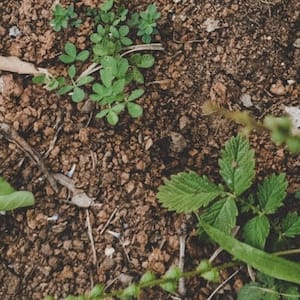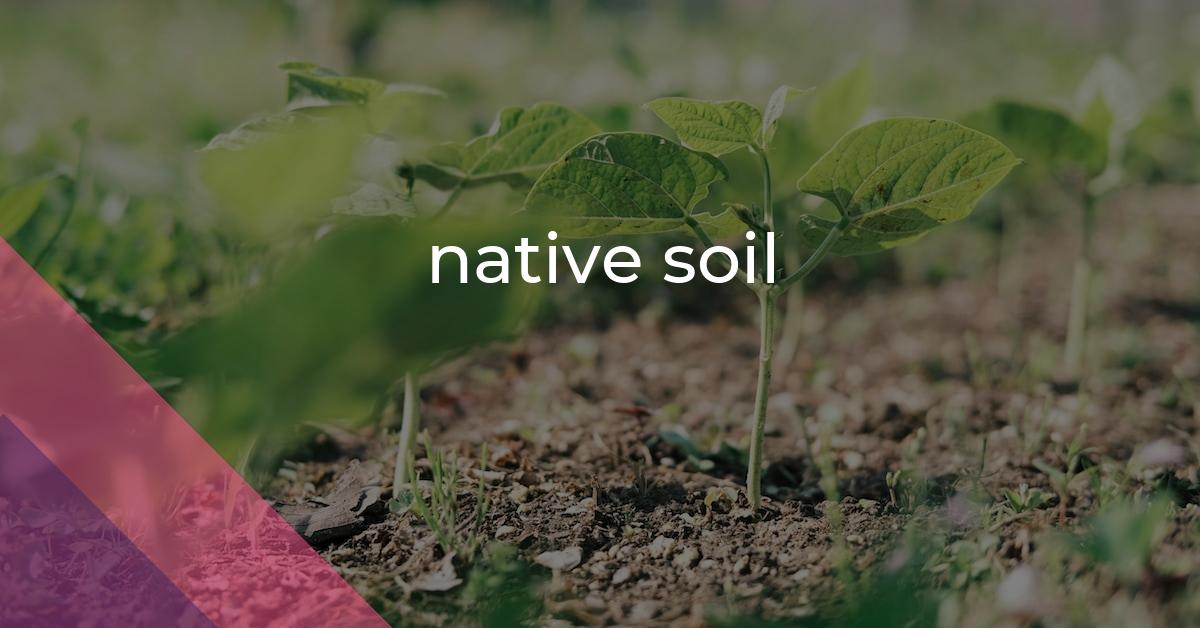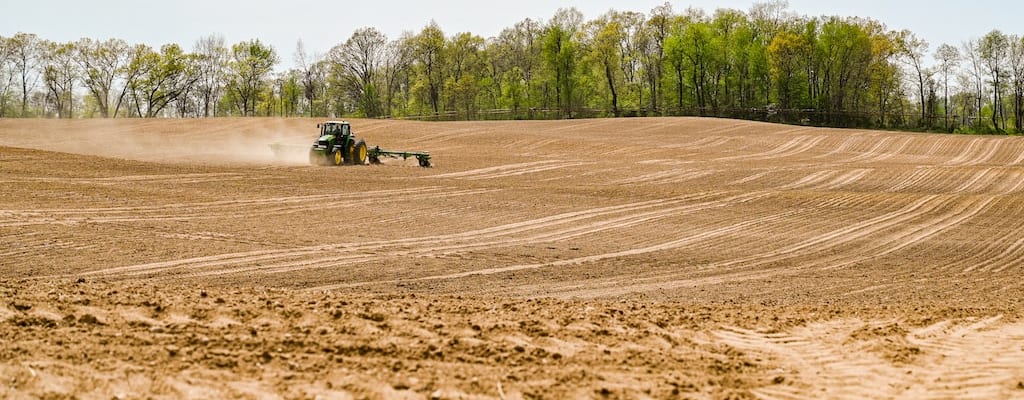native soil: Idiom Meaning and Origin
What does ‘native soil’ mean?
The idiom "native soil" is used to refer to the country or place where someone was born or grew up.

Idiom Explorer
The idiom "take soil" means to be buried or interred in the ground after death.
The idiom "out of one's element" means to be in a situation or place where one feels uncomfortable or is not able to perform as well as usual.
The idiom "out of nowhere" means something unexpectedly or suddenly appearing without any prior indication or warning.
The idiom "old stick" is a colloquialism used to affectionately refer to an old or familiar person. It conveys a sense of familiarity, companionship, and sometimes even nostalgia.
The idiom "old school" refers to something that is traditional and often associated with a previous era or outdated methods. It can convey a sense of nostalgia, respect, or a preference for more traditional approaches.
The idiom "old salt" refers to a seasoned and experienced sailor or seaman. It implies that the person has spent many years at sea, acquiring knowledge and skills related to sailing and navigation.
The idiom "old money" refers to the inherited wealth and social status that comes from being born into a wealthy family and having a long-standing history of wealth. It implies a sense of established tradition, exclusivity, and privilege.
The idiom "old hand" refers to someone who is experienced or skilled in a particular activity or job.
The idiom "old as the hills" refers to something that is extremely old, often implying that it has been around for a very long time and is therefore considered outdated or out of touch with current trends or ideas.
Unraveling Origins
"born and bred" is another idiom that is related to the concept of native soil. This phrase is used to describe someone who was raised and educated in a particular place, emphasizing their deep connection to that location. It signifies that a person has spent their entire life in a specific community or country, shaping their values, beliefs, and identity.
The idiom "born and bred" further reinforces the notion that one's native soil plays a significant role in shaping who they are as a person. It suggests that the experiences, traditions, and cultural influences they have been exposed to from a young age have profoundly influenced their worldview and character.
The phrase "go native" is yet another idiom that can be associated with the concept of native soil. This expression is often used to describe a person who fully adopts the customs, traditions, and way of life of a foreign culture or community, to the point where they become indistinguishable from the locals.
The idiom "go native" implies a deep immersion and assimilation into the native soil of a different land. It suggests that an individual has embraced the local culture and values, perhaps even surpassing the knowledge and familiarity of those who were born and raised there.
Lastly, the idiom "take soil" can also be related to the concept of native soil. This phrase is less commonly used but can be interpreted to mean the act of claiming or establishing ownership of a specific land or territory. It implies a sense of permanence and deep connection to the soil that goes beyond mere physical possession.
The idioms "born and bred," "go native," and "take soil" all demonstrate the significance of native soil in shaping one's identity, sense of belonging, and connection to a particular place. They highlight the complex interplay between an individual's upbringing, cultural heritage, and the land they call home.
The idiom "native soil" evokes a deep emotional bond and connection to one's place of birth or ancestral roots. It is often used to express sentiments of nostalgia, longing, and a desire to return to one's homeland. The related idioms "born and bred," "go native," and "take soil" further emphasize the importance of native soil in shaping one's identity, sense of belonging, and connection to a specific place or culture. Together, these idioms reflect the universal human desire for connection, cultural identity, and a sense of belonging to the land that has shaped us.
Example usage
The idiom "native soil" can be used in various ways, here are three examples: 1. "After years of traveling abroad, she finally returned to her native soil and felt a strong sense of belonging." 2. "The novel beautifully captures the complexities of love and betrayal on the protagonist's native soil." 3. "He firmly believed that his success was owed to his hard work and the opportunities he found on his native soil."
The idiom "native soil" is often used to refer to one's place of origin or homeland. In the first example, it signifies the person's emotional connection to their home country and the feeling of being rooted there. The second example illustrates how the idiom can be used to describe the setting of a story, emphasizing the significance of the protagonist's relationship with their homeland in shaping their experiences. Finally, in the third example, "native soil" is used metaphorically to express the belief that the individual's achievements are a result of their foundation and upbringing in their home country.
More "Origins" idioms



